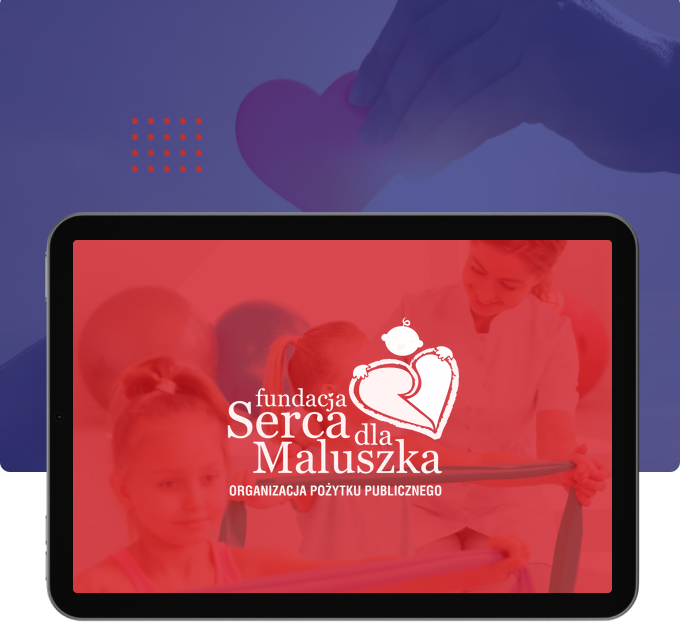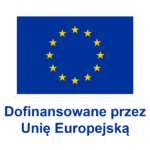The GIS’s task is to direct the State Sanitary Inspectorate and initiate and supervise government administration activities to prevent and minimize the negative effects of public health incidents. The Chief Sanitary Inspectorate supervises, coordinates, and guides the State Sanitary Inspection bodies’ activities and manages the information exchange process with other government administration bodies.

What was the business need?
During the pandemic period (COVID 19) 2019 – 2023, it became apparent that there were much greater
needs for GIS information acquisition and processing than before the pandemic. This meant that the
The SEPIS system requires the creation of additional modules.
The planned system is to cover all areas of activity of the State Sanitary Inspection, support the work of GIS employees and sanitary and epidemiological stations at all organisational levels, and provide many functionalities for citizens and entrepreneurs (submitting applications for entry in the register of funeral service providers, reviewing post-inspection recommendations, and many others).
The system is also designed to integrate with many other IT units in the areas of health and public administration.
What was the challenge?
The designed system is to cover all areas of the State Sanitary Inspectorate’s activities support the work of GIS employees and sanitary-epidemiological stations at all organizational levels, and is to provide much functionality for businesses and citizens.
The system is also expected to integrate with many other IT units in the areas of health and state administration.
In addition to the above, it was necessary to cooperate with teams from other institutions whose systems SEPIS must integrate with (e.g. Digitisation of Memorial Sites or the cloud infrastructure provider NASK).
The data collected and processed by GIS is sensitive, therefore one of the key requirements is data security.
What was the solution?
We are involved in the development, configuration, and maintenance of a system that will be able to support more than 500,000 users, including about 15,000 government employees.
The following teams deal with the following areas:
Core team (December 2022) – oversees the entire project and is responsible for the architecture of business and technical solutions, including infrastructure and system ones. Additionally, its task is to develop and maintain the current system.
Epidemiology team (January 2023) – covers three areas: infectious diseases (including COVID), infection outbreaks, and vaccine distribution.
Environmental Hygiene (January 2023) – municipal hygiene (register of cemeteries, funeral homes), radiation hygiene, water – health safety process for drinking water, swimming and bathing facilities, occupational hygiene, and child and youth hygiene.
Chemical supervision – covers the following areas: cosmetic products, substitute substances, new psychoactive substances, drug precursors.
Food Safety (January 2023) – area of food entrepreneurs (food and nutrition establishments, manufacturers of food contact materials, etc.), sampling of foodstuffs, and notifications of the marketing of foodstuffs.
Chemistry (February 2023) – cosmetic products, substitutes, new psychoactive substances, and drug precursors.
AI (Artificial Intelligence) – it is responsible for processing ingredient data of foodstuffs, it supports the decision-making process related to the capture of prohibited substances, or exceedances of permissible amounts of an ingredient.
Control Module (March 2023) – covers planning, conducting inspections, and implementing audit recommendations for all areas included in the system. It is also responsible for conducting internal GIS audits.
Migration team – responsible for retrieving the source data, removing errors in the data, converting it to the target form, and finally transferring it to the new system.
Prevention and health education – includes the collection and processing of educational and preventive healthcare programs, especially programs for people from Ukraine (the module is bilingual: Polish and Ukrainian language)
The system is divided into two main parts, taking into account the users for whom it is intended:
- SEPIS – the part dedicated to employees of all units of the State Labor Inspectorate. Ultimately, it will be used by about 15,000 users.
- eSanepid – intended for entrepreneurs and citizens. In this part, there will be publicly available information for citizens, as well as functionality for entrepreneurs, where they can submit, for example, applications for entry in the register of morticians, review post-inspection recommendations and much more.
The system is being developed in microservices architecture, as a scalable container application hosted in the Government Cloud and will be able to connect with numerous other government systems.
More than 90 people in 9 teams are currently working on the project, where we conduct the work in the Scrum methodology.









